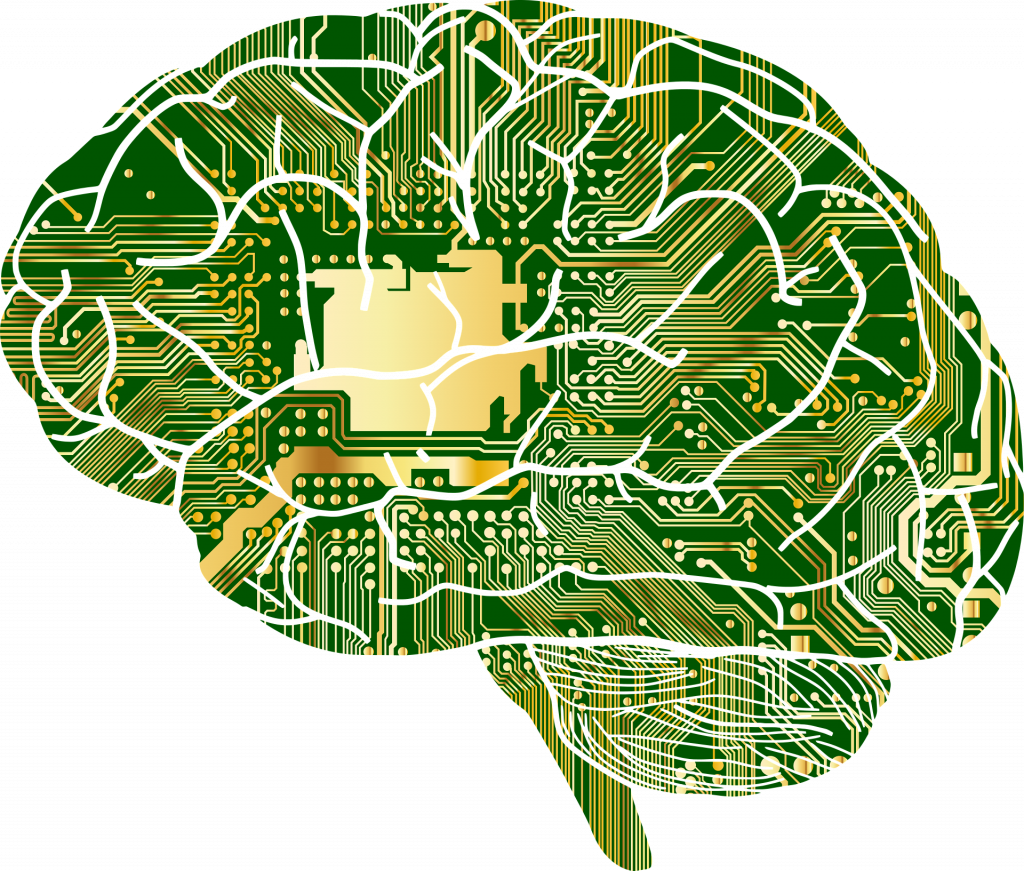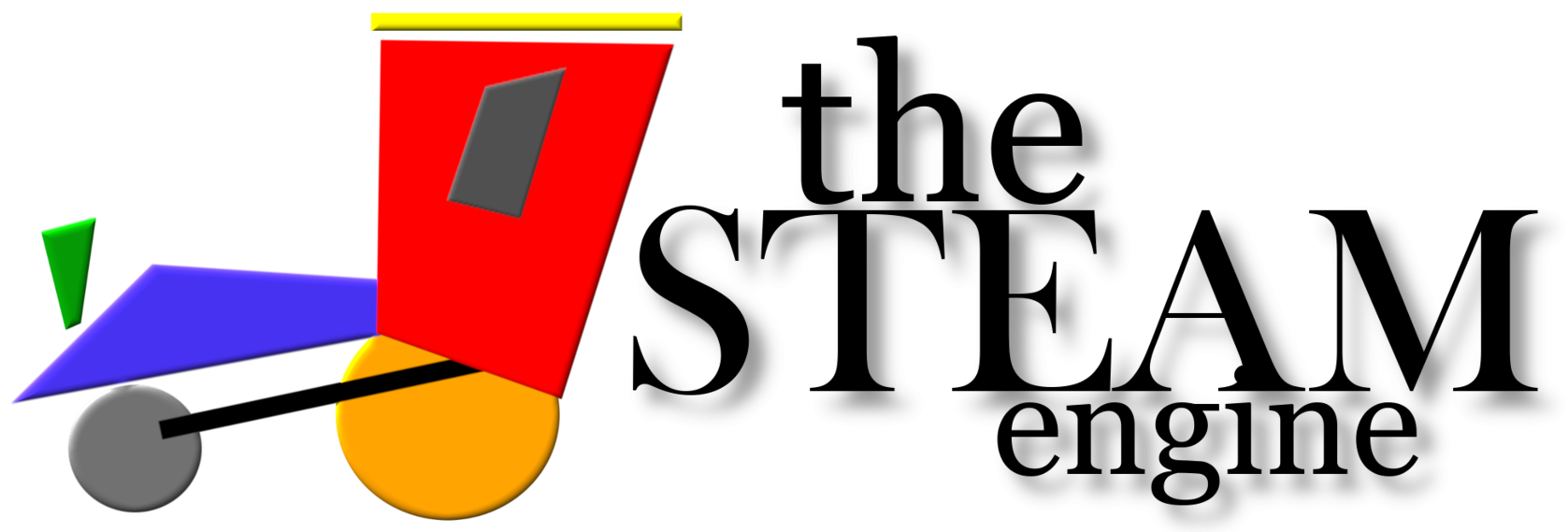Could ‘Learning Through Play’ be an Option for Older Children or Adults?
My own experience of school, was that I was expected to be like everybody else. Listen, memorise, calculate speculate and read, were the mainstay. For the most part, they still are. There is nothing wrong with these, but they are fed in a way that not all children can access achievement. There is the obvious issues related to learning with a disability, but there is very likely a link to the concept of playing as an option to helping any able individuals to succeed, too.

I struggled to make headway in school as it was only later I relised that alongside an Autistic tendency mixed with a hands-on attitude, it hadn’t been ideal in the classroom. Throughout my adult life, this has been a key problem and served to add lots of anxiety and disconnection as I face the average person in the work environment. I am not special, by any means, but I do suffer. Whatever it is, I am led by handling and working out problems with what is in front of me.
Practise Makes Perfect
If you look at society, how many lower achievers follow career paths in hands-on vocations? I strongly feel that, in most cases, this is not about ability. They are simply let down by a system that just wants it ‘one way.’ As a teacher, I enjoyed time in Reception classes. I could see play and practise, mixed as a learning tool, and could see its potential, later on in life. I am not saying that college students should sit with a Barbie and enact an affair with Ken. I believe that ‘play’ and ‘practice’ are the same thing. When using an item, we learn its basic uses, we learn the best way to use it and we find its problems. These all happen with the repetative utilisation of said objects.
What is Play?
The Oxford Dictionary’s definition states:
- engage in activity for enjoyment and recreation rather than a serious or practical purpose.”the children were playing by a pool”Similar:amuse oneself, entertain oneself, enjoy oneself, have fun, have a good time, relax, rest, be at leisure, occupy oneself, divert oneself, play games, frolic, frisk, gambol, romp, cavort, caper, mess about, mess around, lark (about,) lark (around,) sport, disport oneself
This alone cancels out the chance of it being used as a potential learning mechanism, as being older, is serious! How does a mechanic become good at their job? Practise makes for success, it also comes from recreational engine work or car repairs. Listen, and you will here people say, ‘Oh, he’s playing with that motorbike, again!’ Is he? If you look at the definition, surely a motorbike is way to serious. There’s no way that a child should be anywhere near it, at least on a practical stance.

Where does this leave us?
Maybe the problem is the use of the word ‘play.’ Perhaps it conjures up ideas of childishness. The secondary definition ends with the term, ‘…especially by children.’ Over time, practical courses have likely been made use of by many that struggled to attain certificates from numbers and letter training. We need them to create a strong generation of adults, but we shouldn’t be leaving the practical-people behind! There isn’t a programmer in the world that didn’t start learning to program by ‘playing’ with code and trying it out. Their practise (play) has created some of the most important digital products in use, today. Microsoft, Ubisoft, Electronic Arts etc. etc. These all house individuals that create products for enjoyment and productivity. Is that not serious enough?
I would like to expand on this in the future. Look deeper at the connotations of such an idea. I always wanted to do my doctorate in Behavioural Science and the Learning Needs. Maybe one day.

